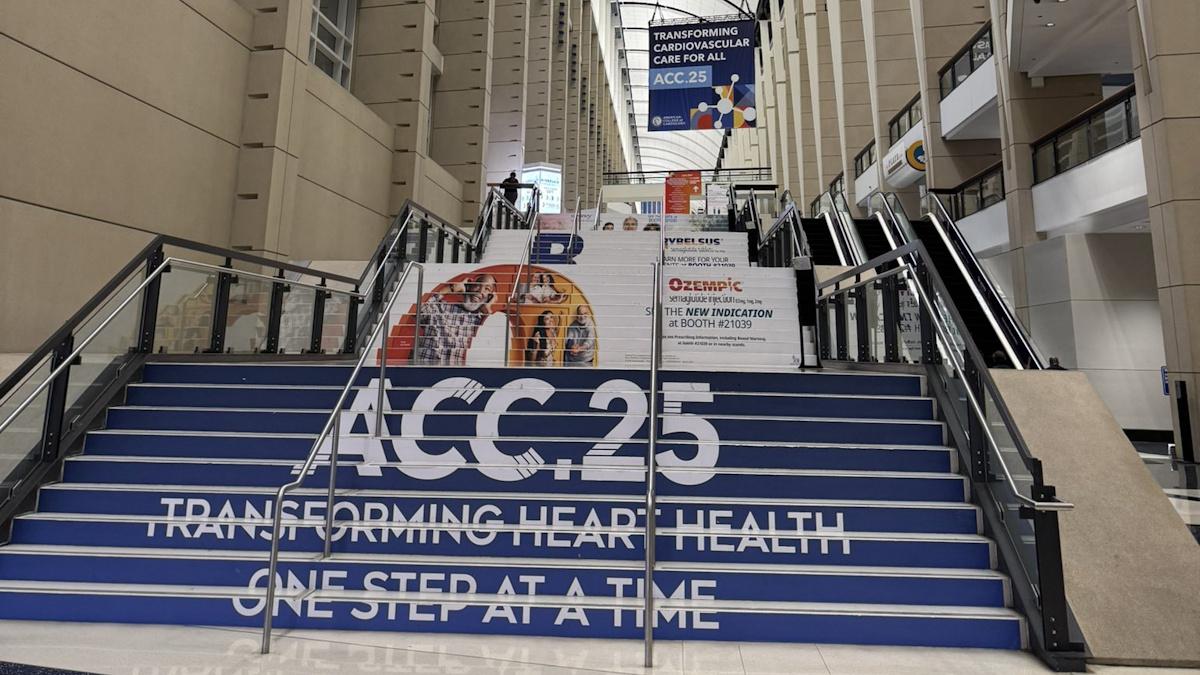23andMe, Novartis team up to put Lp(a) on patients’ radar

Anne Wojcicki, CEO and co-founder of 23andMe
Lipoprotein(a) is well established as a risk factor for cardiovascular disease, but patients rarely get tested for it. Now, an alliance between Novartis and genetic testing specialist 23andMe is trying to encourage greater awareness of Lp(a) and improve testing rates.
The pilot programme will see a confidential test for Lp(a) offered to 23andMe customers. If they have high levels, they can then be connected to clinicians through 23andMe’s telehealth arm – Lemonaid – to get advice on the next steps.
At the moment, there is no treatment that can reduce Lp(a) other than a procedure known as lipoprotein apheresis, although Novartis and other drugmakers, including Amgen, are developing antisense drugs that switch off the production of Lp(a).
Novartis’ Akcea-partnered pelacarsen and Amgen’s olpasiran are both in phase 3 development, meaning they could reach the market in a couple of years.
That’s important, as Lp(a) increases the risk of heart attack, stroke, and other life threatening conditions two- to four-fold, but doesn’t tend to respond to lifestyle changes like improved diet or exercise habits, which can improve other risk factors like LDL-cholesterol.
Lipoprotein apheresis is, meanwhile ,a very efficient but also time-consuming and expensive therapy, meaning it tends to be used only in people with severely elevated Lp(a).
In the US, it is estimated that only around 1% of adults have had their level tested, even though it can be detected using a simple blood test. Roughly one in five people have high levels of the lipoprotein.
Lp(a) can build up in the walls of blood vessels, creating atherosclerotic plaques that decrease blood flow to organs, causing increased clotting and inflammation in the cardiovascular system. The plaques can rupture, blocking blood vessels and causing heart attacks or strokes.
“We are excited to work with Novartis to raise awareness of Lp(a) and the importance of understanding risks associated with high Lp(a),” according to Anne Wojcicki, chief executive and co-founder of 23andMe, who said the pilot would help customers be “proactive” about their health.
“This unique collaboration pioneers a new path for disease awareness, leveraging 23andMe’s engaged customer base and telehealth services platform,” she added. “We hope this effort shines a brighter light on the health risks associated with high Lp(a), and helps those who may be at risk.”
23andMe has been steadily expanding beyond its core genetic testing business, and in 2021 made a foray into the telehealth sector through the acquisition of Lemonaid in a $400 million deal, bolting on an on-demand platform for remotely accessing medical care and pharmacy services, including online consultations and prescription medicines delivery across the US.
It has also started a drug development business, and a few weeks ago started dosing patients in a study of its lead drug 23ME-00610, an investigational antibody with a target (CD200R1) that emerged from research using its growing resource of de-identified genetic sequencing data.
The company has wide reach, with more than 13.4 million genotyped customers, over 80% of whom have consented to participate in research projects.













